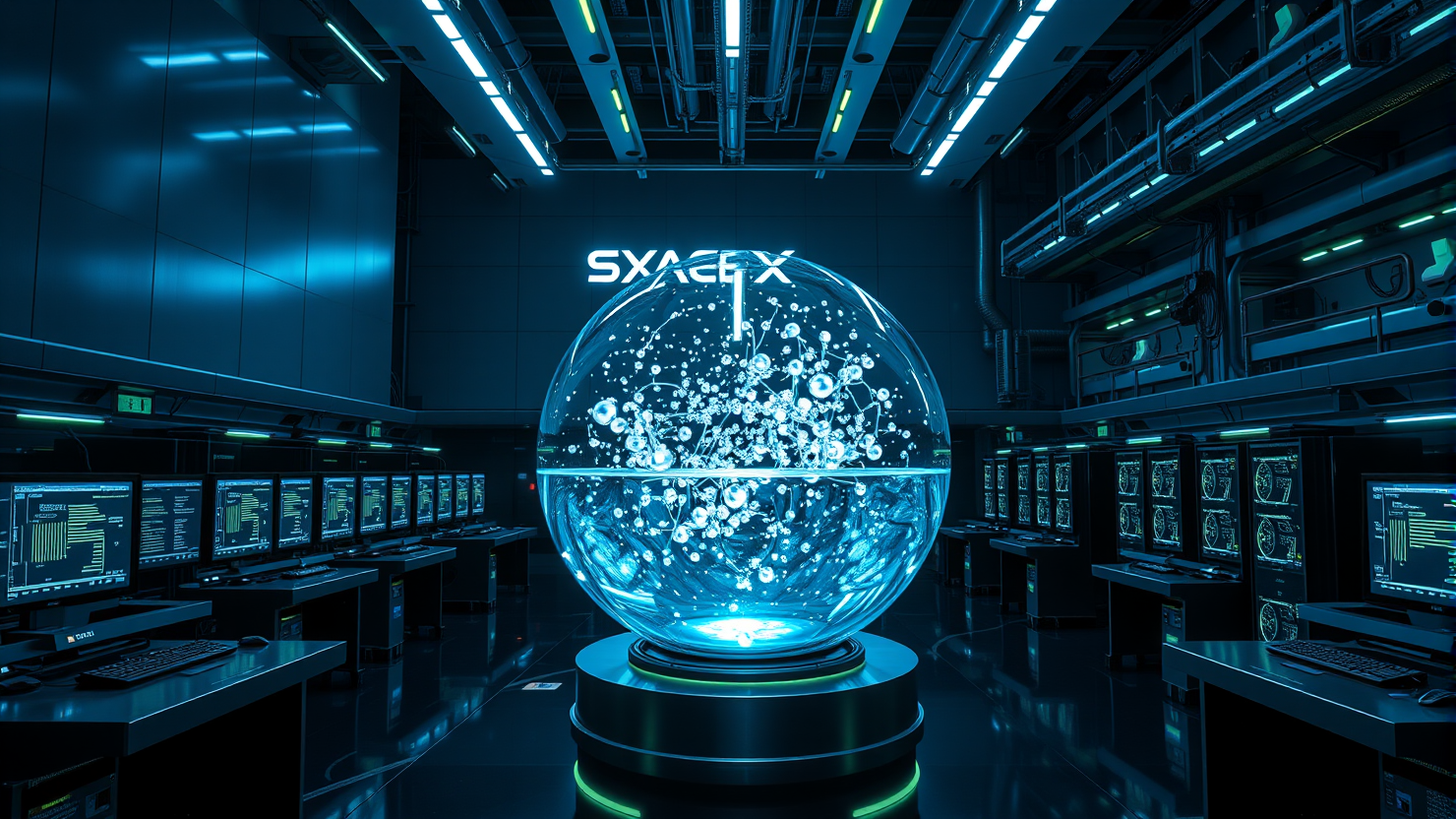California Leads Nation in Historic AI Safety Regulation with SB 53, Establishing Transparency Requirements and Whistleblower Protections

California Governor Gavin Newsom has signed into law SB 53, a groundbreaking legislation that establishes new transparency standards for large artificial intelligence (AI) companies. This bill, which recently passed through the state legislature, mandates that prominent AI labs such as OpenAI, Anthropic, Meta, and Google DeepMind disclose safety protocols and provide whistleblower protection for their employees.
The legislation also establishes a mechanism for reporting potential critical safety incidents to California’s Office of Emergency Services. Furthermore, companies are required to report incidents related to crimes committed without human oversight, including cyberattacks, and deceptive behavior by models not covered under the EU AI Act.
While the bill has received varied responses from the AI industry, tech firms have generally voiced concerns about state-level AI policy creating a confusing patchwork that may hinder innovation. However, Anthropic has endorsed the bill, while Meta and OpenAI lobbied against it, with OpenAI even publishing an open letter discouraging Governor Newsom from signing SB 53.
The new law comes at a time when tech leaders in Silicon Valley have been investing heavily in super PACs to support candidates favoring minimal AI regulation. Recently, leaders at OpenAI and Meta have launched pro-AI super PACs aiming to back candidates and bills supportive of the AI sector.
Other states may look to California for guidance as they strive to mitigate potential risks associated with the rapid advancement of this powerful technology. A similar bill has been passed in New York, awaiting Governor Kathy Hochul’s signature or veto.
Governor Newsom commented, “California has demonstrated that we can enact regulations to safeguard our communities while fostering growth in the burgeoning AI industry. This legislation achieves this balance. AI represents a new frontier in innovation, and California leads as a trailblazer by enacting the first-of-its-kind AI safety legislation that builds public trust as this technology evolves rapidly.”
Another bill, SB 243, is currently under consideration. If passed, it would regulate AI companion chatbots, requiring operators to implement safety protocols and hold them legally accountable if their bots fail to meet the established standards.
SB 53 marks Senator Scott Wiener’s second attempt at an AI safety bill after Governor Newsom vetoed his comprehensive SB 1047 last year in response to strong opposition from AI companies. With this bill, Wiener reached out to major AI companies to help them understand the changes he made to the legislation.





